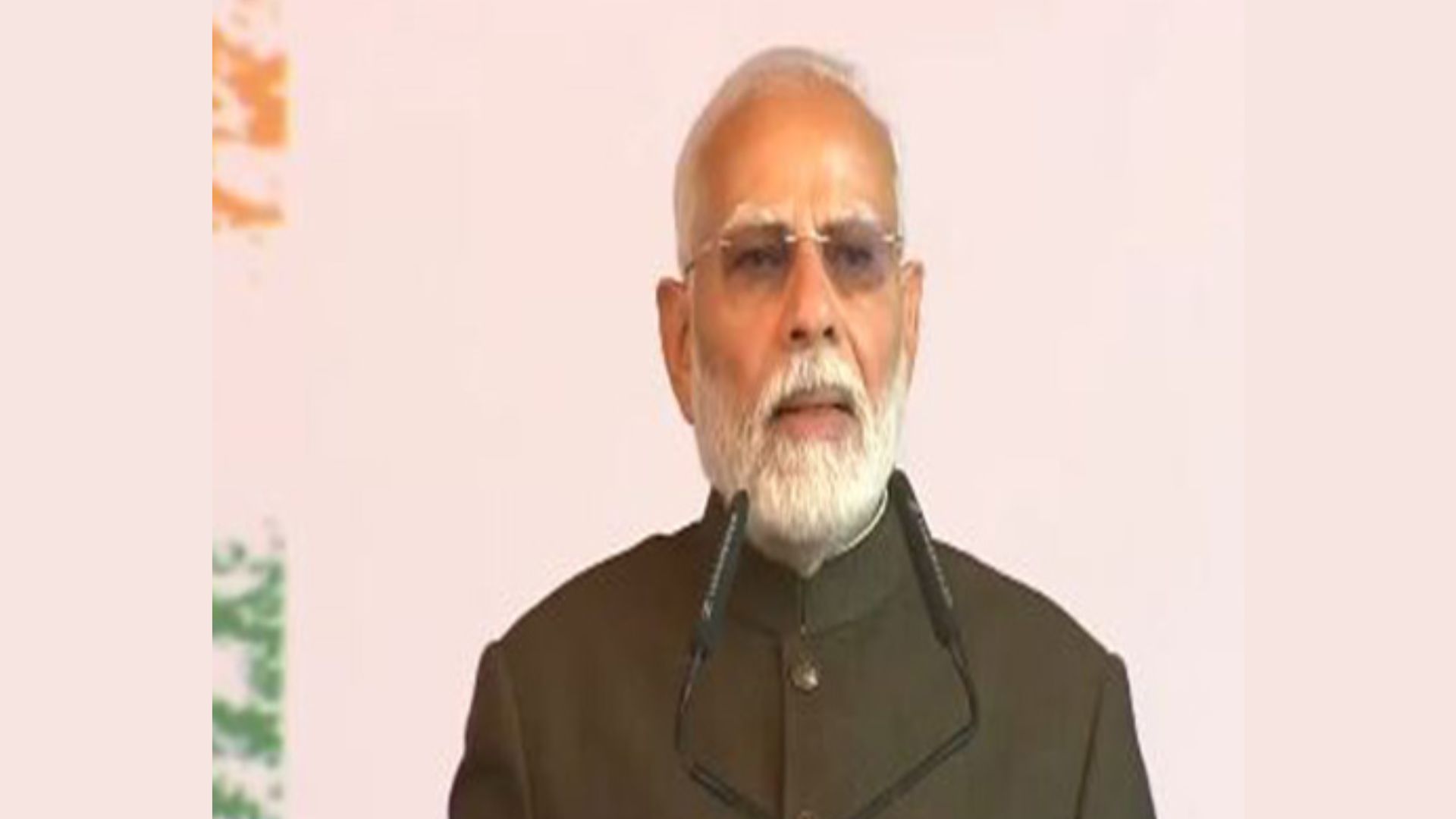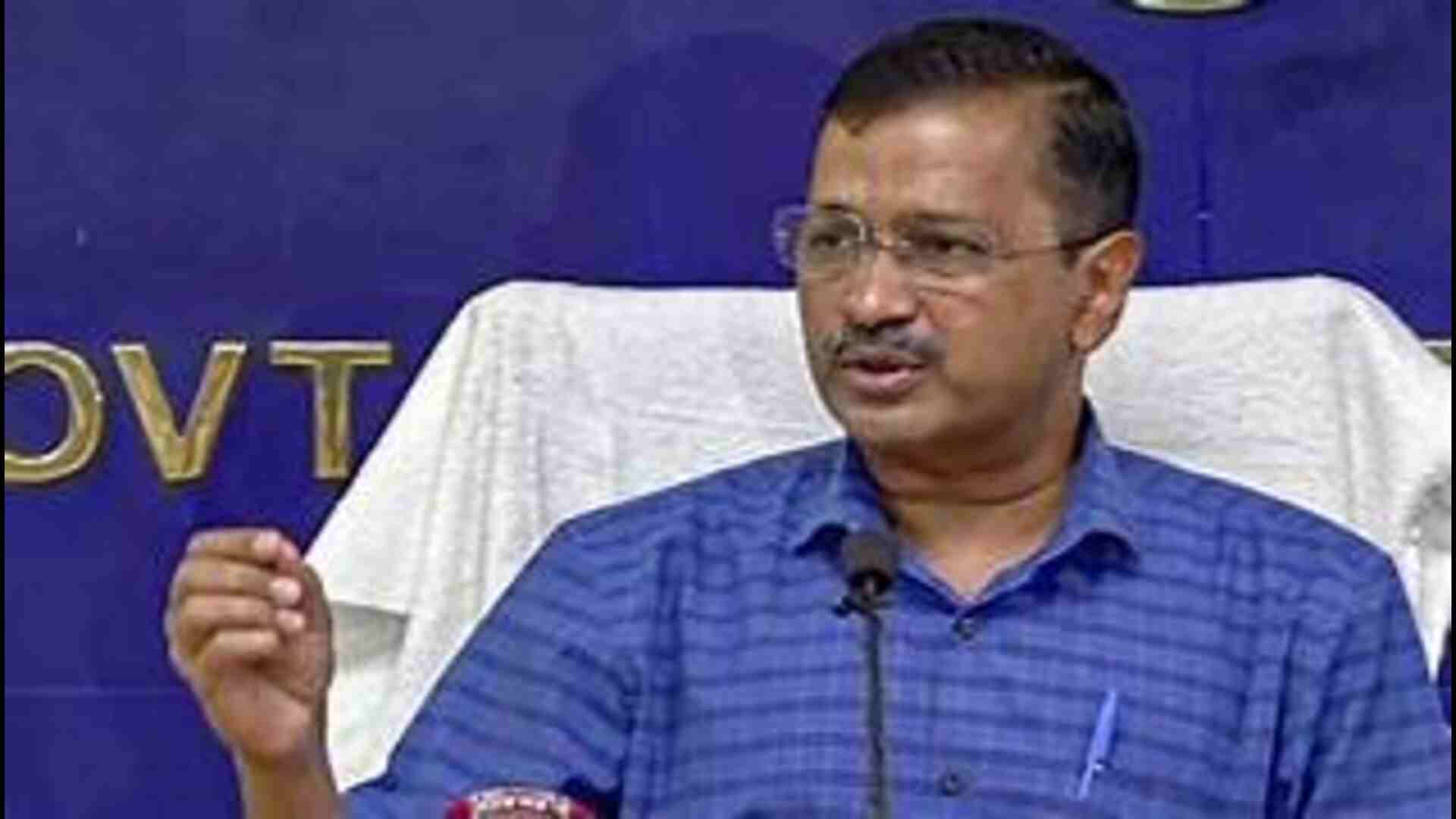During his address in Kargil on Friday, marking the 25th anniversary of Kargil Vijay Diwas, Prime Minister Narendra Modi underscored the significance of the Agnipath scheme. This occasion served as a platform for the Prime Minister to highlight the scheme’s aim of rejuvenating the Army and maintaining its readiness for combat, addressing long-standing calls for substantial military reforms.
PM Modi stated, “The country has felt the need for major reforms in the defence sector for decades. The army has been demanding this for years, but unfortunately, it was not given enough importance earlier. The Agnipath scheme is also an example of the necessary reforms done in the Army. For decades, discussions have been going on in Parliament and many committees on making the army young.”
He criticized those who mislead the youth, emphasizing their disregard for soldiers and pointing to previous administrations’ minimal allocation for the One Rank One Pension (OROP) scheme. “Those who are misleading the youth of the country. Their history is proof that they don’t care about soldiers. These are the same people who lied on OROP by showing a meagre amount of Rs 500 crore. It is our government that implemented the charges. More than Rs 1.25 lakh crore was given to ex-servicemen,” PM Modi said.
Addressing the concern of the Indian soldiers’ average age being higher than the global norm, PM Modi noted that the Agnipath scheme effectively tackles this issue. “The average age of Indian soldiers being more than the global average has been a cause of concern. That is why this issue has also been raised in many committees for years. However, the will to solve this challenge related to the security of the country was not shown earlier. The country has addressed this concern through the Agneepath scheme.”
PM Modi also stressed the true meaning of the Army’s role, beyond mere ceremonial duties, emphasizing its importance to the 140 crore citizens of India. “Some people used to think that the Army means saluting politicians, doing parades but for us, the Army means the faith of 140 crore countrymen. The goal of Agneepath is to make the army young. The goal of Agneepath is to keep the army continuously fit for war.”
Furthermore, he condemned the opposition for politicizing a sensitive issue related to national security. “Unfortunately, some people have made such a sensitive issue related to national security a subject of politics. Some people are doing politics of lies for their benefit, even on this reform of the army. These are the same people who weakened our army by committing scams worth thousands of crores in the army, who wanted the Air Force to never get modern fighter jets, who had made preparations to scrap the Tejas fighter plane.”
PM Modi highlighted the extensive reforms in the defence sector over the past decade, which have enhanced the capabilities and self-reliance of the armed forces. “In the last 10 years, we have made defence reforms a top priority in the defence sector. Due to these reforms, our armies are now more capable and becoming self-reliant! Today, a significant share of defence procurement is being given to the Indian defence industry. Additionally, 25 per cent of the research and development budget in defence has been reserved for the private sector. As a result of these steps, India’s defence production has now exceeded Rs. 1.25 lakh crore.”
The Prime Minister also virtually initiated the first blast of the Shinkun La Tunnel project in Kargil. This 4.1-kilometre twin-tube tunnel, set to be the highest in the world, will provide all-weather connectivity to Leh, boosting both military logistics and regional development.
In addition, PM Modi paid homage to the soldiers who sacrificed their lives in the 1999 Kargil War by laying a wreath at the Kargil War Memorial in Drass, Ladakh. Kargil Vijay Diwas, celebrated annually on July 26, honors the successful Operation Vijay, where Indian forces reclaimed strategic positions in the Kargil sector from Pakistani infiltrators.







